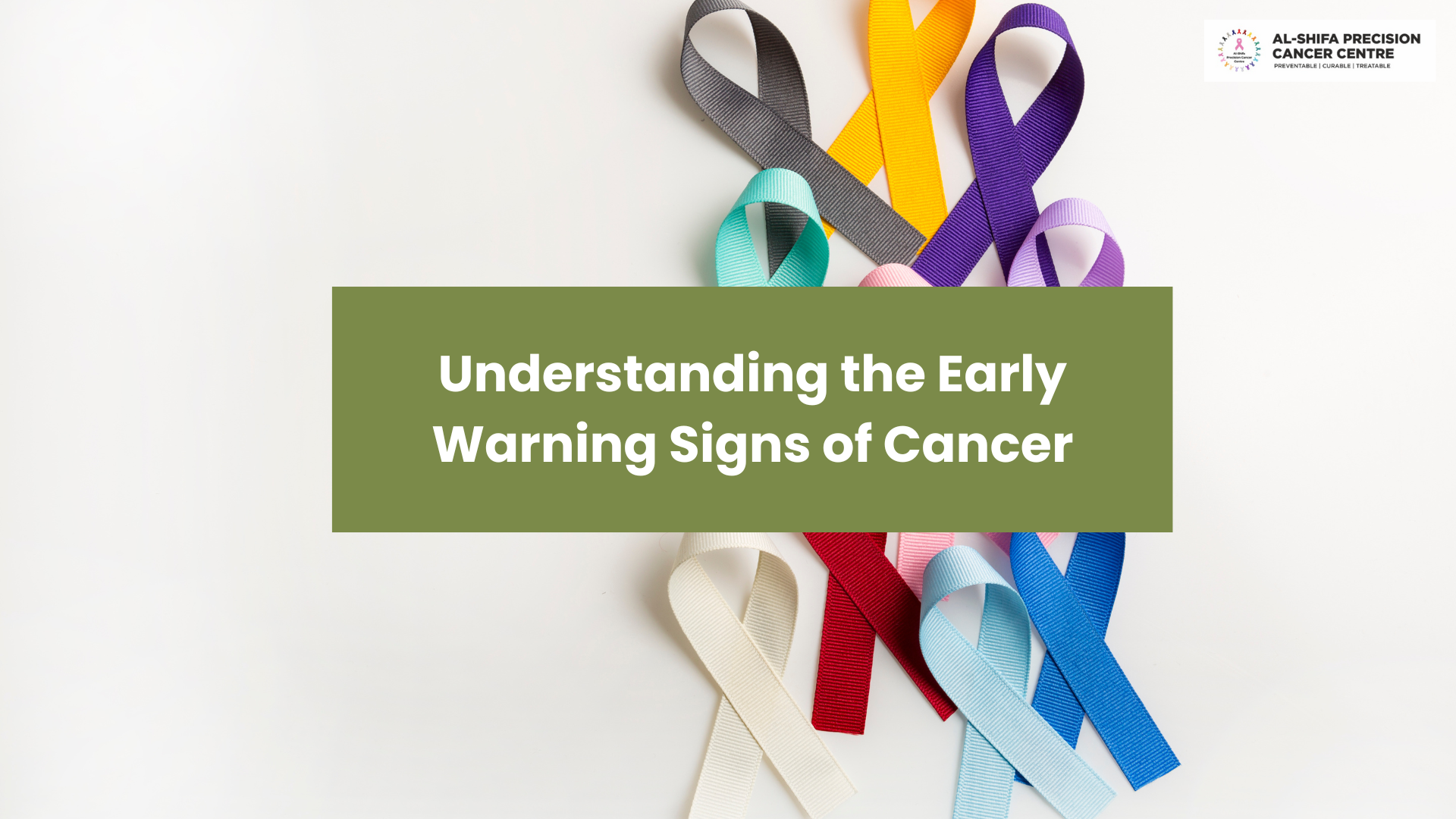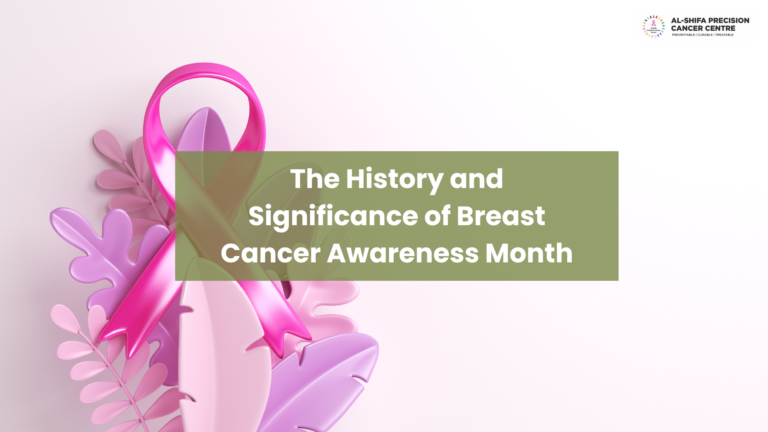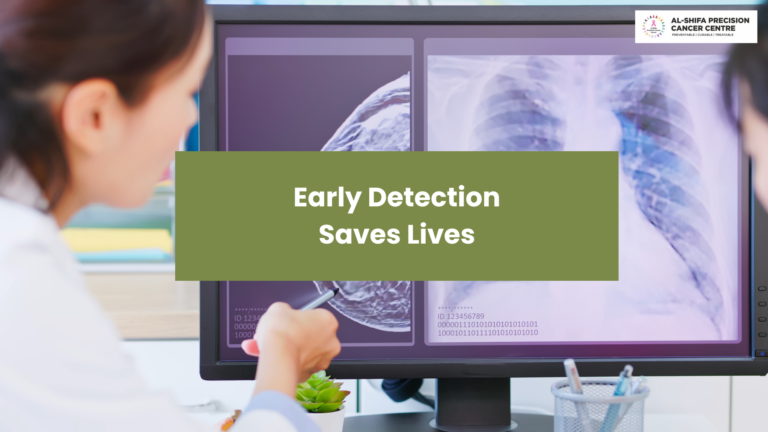
Cancer is a complex and often silent disease that can develop unnoticed for months or even years before showing symptoms. Early detection is crucial for successful treatment and recovery, but many people remain unaware of the warning signs that could signal the onset of cancer. By being informed and attentive to your body, you can catch potential issues early, leading to more effective treatment options.
1. Unexplained Weight Loss
One of the first signs of many cancers is sudden, unexplained weight loss. If you’ve lost more than 10 pounds without a change in your diet or physical activity, it could be a warning sign. This weight loss is often due to cancer affecting your body’s metabolism or the immune system working harder to fight the disease. Cancers such as stomach, pancreas, and lung cancer are more likely to cause this symptom early on.
2. Persistent Fatigue
While it’s normal to feel tired occasionally, chronic fatigue that doesn’t improve with rest can be an early sign of cancer, particularly leukemia, colon cancer, or stomach cancer. Cancer-related fatigue is different from regular tiredness—it’s overwhelming and affects your ability to perform daily tasks. If you find that fatigue is becoming a constant problem despite getting enough sleep, it’s important to consult a healthcare provider.
3. Lumps or Swelling
A lump or swelling anywhere in the body that wasn’t there before can be an indication of cancer, particularly in the breasts, testicles, lymph nodes, or soft tissues. These lumps are often painless but should not be ignored. It’s important to remember that not all lumps are cancerous, but it’s always best to have them checked by a doctor to rule out any potential issues.
4. Changes in Skin Appearance
Changes in your skin, such as new moles, growths, or patches of discoloration, can be an early sign of skin cancer or other cancers. Pay attention to the size, shape, and color of any new or existing moles. If a mole becomes irregular, changes color, or starts to bleed, it’s time to see a dermatologist. Skin changes can also appear as persistent itching or darkening of the skin, both of which warrant further investigation.
5. Persistent Cough or Hoarseness
A lingering cough that doesn’t go away after several weeks, or hoarseness that persists for a long time, can be a sign of lung cancer or cancer of the throat or esophagus. If you’re not experiencing other symptoms of a cold or flu and your cough or hoarseness doesn’t improve, you should see a doctor. Additionally, coughing up blood is a symptom that should never be ignored and needs immediate medical attention.
6. Changes in Bowel or Bladder Habits
Bowel and bladder function are often affected by certain cancers. Persistent diarrhea, constipation, or a change in the size of your stools may indicate colon cancer. Urinary symptoms like difficulty passing urine, frequent urges to urinate, or blood in the urine could point to bladder or prostate cancer. Pay attention to any changes in these habits that last longer than a few days and consult your doctor for a thorough evaluation.
7. Difficulty Swallowing or Indigestion
Frequent difficulty swallowing, persistent heartburn, or indigestion can be signs of cancers affecting the esophagus, stomach, or throat. While these symptoms are often related to less serious conditions, like acid reflux, if they persist, they should not be ignored. Getting these symptoms evaluated early can make a difference in diagnosis and treatment.
Why Early Detection Matters
Catching cancer in its early stages greatly increases the chances of successful treatment. Many cancers, such as breast, colon, and cervical cancers, can be detected early through regular screenings and self-examinations. If you experience any of the symptoms mentioned above, don’t wait to get checked. Early detection often means a wider range of treatment options and a better prognosis.
At Al Shifa Precision Cancer Centre, we understand the importance of a timely and accurate diagnosis. If you are experiencing any of these symptoms or have concerns about your health, consider getting a second opinion. Al Shifa Precision Cancer Centre is your second opinion clinic for effective cancer treatments, offering personalized care and advanced medical expertise to ensure you receive the best possible treatment for your condition.


